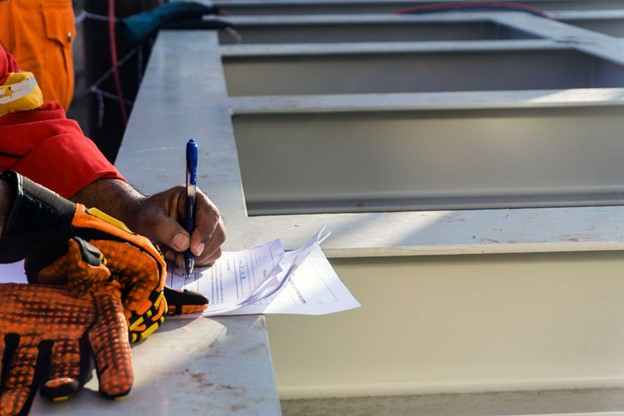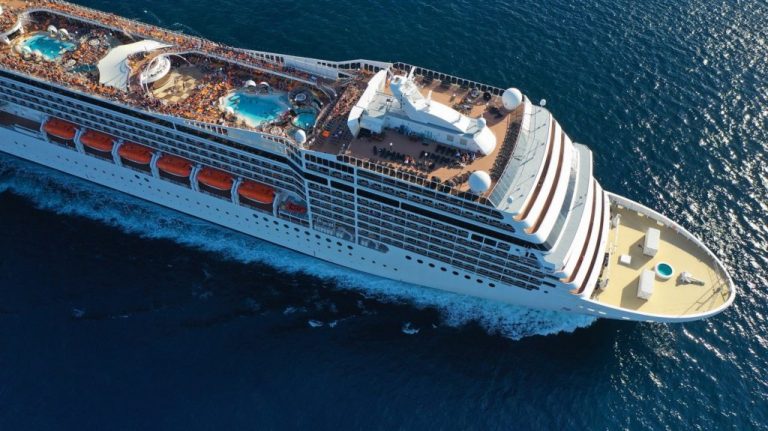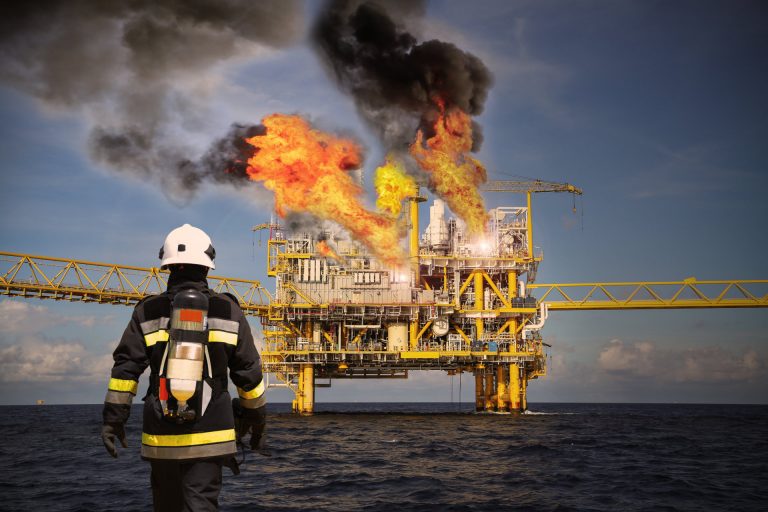The United Kingdom’s offshore oil and gas industry reported 50 major injuries in 2009-2010, 20 more than the previous year and above the average of 42 for the previous five years.
The industry’s combined fatal and major injury rate was 192 per 100,000 workers in 2009-2010 compared with 106 in 2008-2009 and 156 in 2007-2008. Fewer actual occurrences were reported but more injuries resulted from these offshore accidents.
Additionally, the main reported maritime accidents resulted from hydrocarbon releases, failure of equipment offshore, well-related incidents, and failures relating to lifting operations.
Officials voiced their concerns over “major and significant hydrocarbon releases” increasing by more than a third. Some potential causes of a hydrocarbon release otherwise known as an oil spill include:
- Improper operation of oil rig equipment such as valves and temporary hoses
- Incorrect fitting of flanges or bolts during maintenance
- Degradation of oil rig valve sealing, flange gaskets, or welded pipes
- Erosion
- Internal and external corrosion
- Impact from falling objects or any type of collision with the oil rig
Our maritime lawyers hope that a serious effort is made worldwide after the Deepwater Horizon explosion and subsequent Gulf of Mexico oil spill to undertake measures to prevent future oil spills. Oil spills can come from tankers, offshore platforms, drilling rigs and wells and can take months to yeas to clean up.






